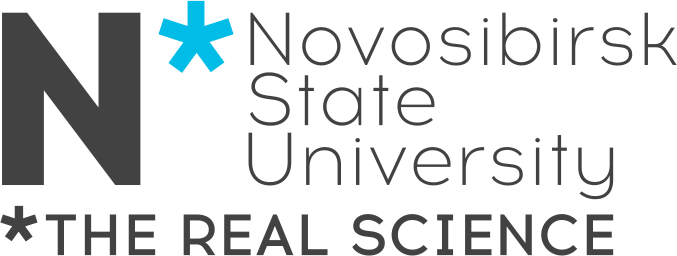Economic Modeling: From a Company to the National Economy
The use of mathematical methods in economics has been a distinctive feature of education and research in the Department since it was established by an outstanding team of scientists, including Nobel Laureate in Economics, Academician Lev Kantorovich. The Department works in close cooperation with the Institute of Economics and Industrial Engineering at the Siberian Branch of the Russian Academy of Sciences. Today, research conducted by Department members covers a wide range of subjects from companies, industries, regions to the national economy, and international economic relations. The focus of research: analysis, modeling, forecasting the functioning and development of subjects.
The use of mathematical methods in economics has been a distinctive feature of education and research in the Department since it was established by an outstanding team of scientists, including Nobel Laureate in Economics, Academician Lev Kantorovich. The Department works in close cooperation with the Institute of Economics and Industrial Engineering at the Siberian Branch of the Russian Academy of Sciences. Today, research conducted by Department members covers a wide range of subjects from companies, industries, regions to the national economy, and international economic relations. The focus of research: analysis, modeling, forecasting the functioning and development of subjects.
Recent research results in the field of economic modeling are targeted at such topics as:
-
 The spatial dynamics of economic activity in RussiaKolomak E.A.
The spatial dynamics of economic activity in RussiaKolomak E.A.
Evolution of Spatial Distribution of Economic Activity in Russia // Regional Research of Russia. - 2015. - Vol. 5, No. 3. - P. 236-242. - (DOI: 10.1134/S2079970515030065) -
 The development of agent-oriented modeling for a large-scale economy*Melnikova L., Suslov V., Tsyplakov A., Ibragimov N., Domozhirov D., Kostin V.
The development of agent-oriented modeling for a large-scale economy*Melnikova L., Suslov V., Tsyplakov A., Ibragimov N., Domozhirov D., Kostin V.
Spatial Aspects of Agent-Based Modeling of Large Economy // ERSA 2015. World Renaissance: Changing roles for people and places : The 55th ERSA congress. Lisbon, Portugal, 25-28 August 2015 [Electronic resource]. - Lisbon (Portugal), 2015. - S_ZC. Application of Agent Based Models for Economic and Financial Systems JEL classification codes: C63, R1, D58 -
 The construction of economic-mathematical dynamic models in general equilibriumSlobodyan S., Bogomolova A., Kolyuzhnov D. Stochastic gradient learning and instability: an example // Macroeconomic Dynamics. - 2016. - Vol. 20, Is. 3. - P. 777-790. - (DOI: http://dx.doi.org/10.1017/S1365100514000583)
The construction of economic-mathematical dynamic models in general equilibriumSlobodyan S., Bogomolova A., Kolyuzhnov D. Stochastic gradient learning and instability: an example // Macroeconomic Dynamics. - 2016. - Vol. 20, Is. 3. - P. 777-790. - (DOI: http://dx.doi.org/10.1017/S1365100514000583)
*
Agent-oriented modeling analyzes the economic behavior of subjects at the micro level. Analysis and forecasting of sectoral and spatial aspects of the economy in such spheres as energy and transport; models the impact of institutional changes on the prospects for the development of meso- and macroeconomic systems. Spatial models for different levels of the hierarchy address a whole class of problems from analyzing the development of agglomerations to forecasting the development of the national economy.
